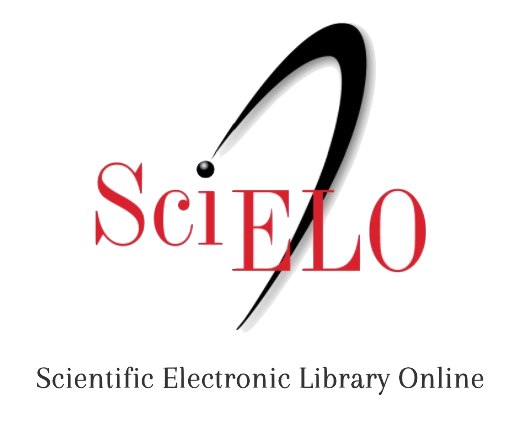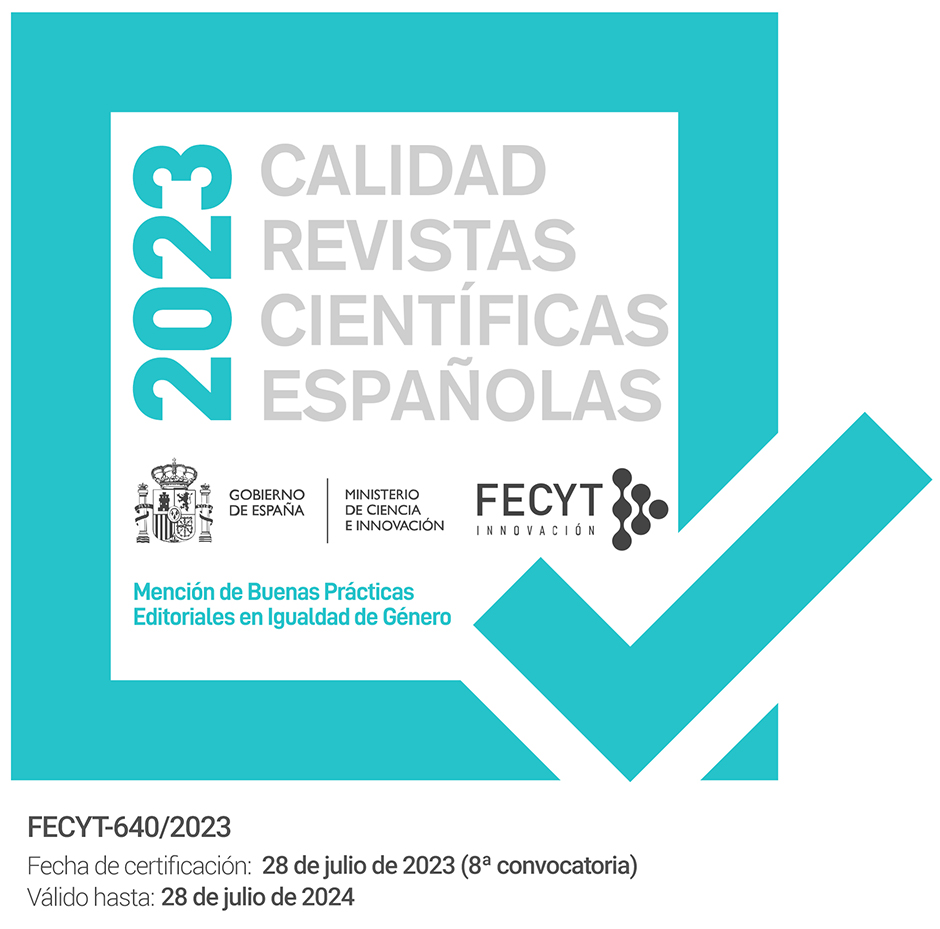In-depth interviews: complementary technique to the clinical interviews in the interventions based on the patient’s needs
Keywords:
Gestión integral de la farmacoterapia, entrevista en profundidad, entrevista clínica, técnicas cualitativas, valoración de necesidades, Comprehensive Medication Management, In-depth Interview, Clinical Interview, Qualitative techniques, Needs Assessment.Abstract
Comprehensive Medication Management was provided to a 78-year-old woman. Medical history: deep vein thrombosis, hip fracture, hydrocephalus, arthrosis, arterial hypertension and dyslipidemia. She was taking 12 medications.
Patient’s medication-related needs were evaluated integrating biomedical and psychosocial aspects, through a clinical analysis, which allowed the detection of 7 medication-related needs. Complementary analysis of narratives extracted from in-depth interviews allowed detection of 5 additional medication-related needs.
Using in-depth interviews to interrelate qualitative aspects of personal experience when evaluating pharmacotherapy, allowed to propose biopsychosocial interventions adapted to the comprehensive resolution of medication-related needs, collected in a care plan. Included a medical report with 4 recommendations whereby 2 were accepted by the primary care physician. Another 4 medication-related needs were proposed and accepted by the patient and her caregiver, achieving the resolution of 8 medication-related needs.
Downloads
References
Goldman RE, Borkan J. Anthropological Approaches: Uncovering Unexpected Insights about the Implementation and Outcomes of Patient-Centered Medical Home Models. Rockville, MD: Agency for Healthcare Research and Quality; 2013. AHRQ Publication No. 13-0022-EF. Disponible en: https://pcmh.ahrq.gov/sites/default/files/attachments/anthropological-approaches-brief.pdf
Brummel A, Carlson AM. Comprehensive Medication Management and Medication Adherence for Chronic Conditions. J Manag Care Spec Pharm. 2016;22(1):56-62. doi:10.18553/jmcp.2016.22.1.56.
Cipolle R, Strand LM, Morley P. Pharmaceutical Care Practice. The Patient Centered Approach to Medication Management. Third edition. New York: McGraw-Hill companies; 2012. Pharmacotherapy Workup Notes disponibles en: https://www.pharmacy.umn.edu/pharmacotherapy-workup-notes
Ensrud K. Bisphosphonates for Postmenopausal Osteoporosis. JAMA. 2021;325(1):96. doi:10.1001/jama.2020.2923
Álvares Machado Silva D, Araújo Medina Mendonça S, O´Dougherty M, Ramalho de Oliveira D, Chemello C. La Autoetnografía como un instrumento de (trans)formación profesional en la práctica del Pharmaceutical Care. Pharm Care Esp. 2018;20(6):442-477.
Downloads
Published
How to Cite
Issue
Section
License
Copyright (c) 2021 Rafael Omar Pérez Rodríguez, María González Valdivieso, Martha Milena Silva-Castro

This work is licensed under a Creative Commons Attribution-NonCommercial-ShareAlike 4.0 International License.
La revista Pharmaceutical Care España se publica bajo una licencia «Creative Commons, Reconocimiento, No Comercial y Compartir Igual 4.0 Internacional» (CC BY-NC-SA 4.0)», que permite a otros compartir el trabajo con un reconocimiento de la autoría del trabajo y la publicación inicial en esta revista (con excepción de los usos comerciales).
Los autores que publican en esta revista están de acuerdo con los siguientes términos:a) Los autores conservan los derechos de autor (derechos morales) y garantizan a la revista el derecho de ser el primer soporte documental publicado del trabajo.
b) Se permite y anima a los autores a difundir la versión del trabajo revisado por pares y aceptada para su publicación (por ejemplo, en repositorios institucionales o temáticos), recomendando hacerlo con la versión final del editor “pdf”, “html” o “xml”).









